What We’re Watching & Reading
Media is often an escape from the things that trouble us - who doesn’t love a good Netflix binge when the world just feels like too much? But there is also a benefit in seeing our experiences reflected in the media we engage with; it can help us feel less alone, more understood, more seen. Here are a few things our staff have been reading and watching lately that challenge stigma and offer solace and understanding. Storytelling has a way of giving us a window into human experience. Maybe some of these shows, books and social media sites will help you feel more connected and inspired.
BoJack Horseman (2014-2020)
This animated show on Netflix focuses on BoJack Horseman, an anthropomorphic horse played by Will Arnett. He’s a has-been 1990’s sitcom star trying to return to relevance. Many of our teen and young adult clients have recommended this show over the years for its portrayal of a wide range of themes and experiences including depression, trauma, abortion, adoption, addiction, racism, sexism, sexuality, and the human condition. From Princess Carolyn’s motivational speech in Season 1 to Beatrice Horseman’s call to BoJack in Season 2 that highlights the complexities of intergenerational trauma, there are countless moments in this honest and soulful show that resonate and reflect our experiences.
The Bear
The Bear on FX is a triumph. This highly acclaimed series, now going into its third season, starts out as a fast-paced (often stressful) spitfire of a show that takes place in a chaotic small family restaurant in Chicago. It’s a love story about food, a redemptive narrative about how people can and do change, and about the long legacy of trauma and substance abuse whose tentacles extend into the furthest reaches of the self. It’s about having a calling that also feels like torture and the moments of quiet and steadfastness that communicate love. In one scene, Richie says, "I suffer from anxiety and dread." The main character, Carmy, replies, "Who doesn't?" Season 2’s Feast of the Seven Fishes episode left us speechless. And finally, Carmy’s 7-minute speech at an Al-Anon meeting is everything.
Lessons in Chemistry
Both the book by Bonnie Garmus and the 8-part series (on Apple TV) take place in the 1950’s and 60’s and the main characters display forms of neurodivergence that are largely misunderstood in that era. It’s ultimately a love story but one that highlights the ways in which love can blossom between two people with very specific interests and social skills that differ from the “mainstream.” Elizabeth and Calvin have a profound experience of being with someone who truly gets them. We’ve found Lessons in Chemistry to be particularly affirming for clients who have identified their neurodivergence only in adulthood, an experience that often helps them make sense of why they felt so other in childhood.
What Kind of Woman
Kate Baer’s debut book of poetry is stunning in its vulnerability and beauty. Written during the pandemic in her minivan, Baer touches on a wide range of topics from motherhood, #metoo, body image, and rage. Her poetry has been called “medicine” and described as “a balm as much as a scream [women] mustn’t voice out loud.” Here is one of our favorite snippets.
“You are not a good girl. You are not
somebody’s otherness. This is not a dress rehearsal before a better kind of life. Pick up your heavy burdens and leave them at the gate. I will hold the door for you.”
To Take Back a Life
Our Current Instagram Favorites
Elyse Myers
If you aren’t following @elyse_myers, you should be. She has a huge following and with good reason! Referred to as the “internet’s best friend”, Elyse Myers has an uncanny ability to pull the veil back on mental health, anxiety, the challenges of parenthood, and the mundane hassles of daily life in a way that makes us laugh and cry (at the same time).
The Nap Ministry
Tricia Hersey’s @thenapministry is a gift, a battle cry, imploring us to rest as a form of resistance. Hersey’s ministry is to move us - particularly Black women - away from “grind culture” towards racial and social justice.







